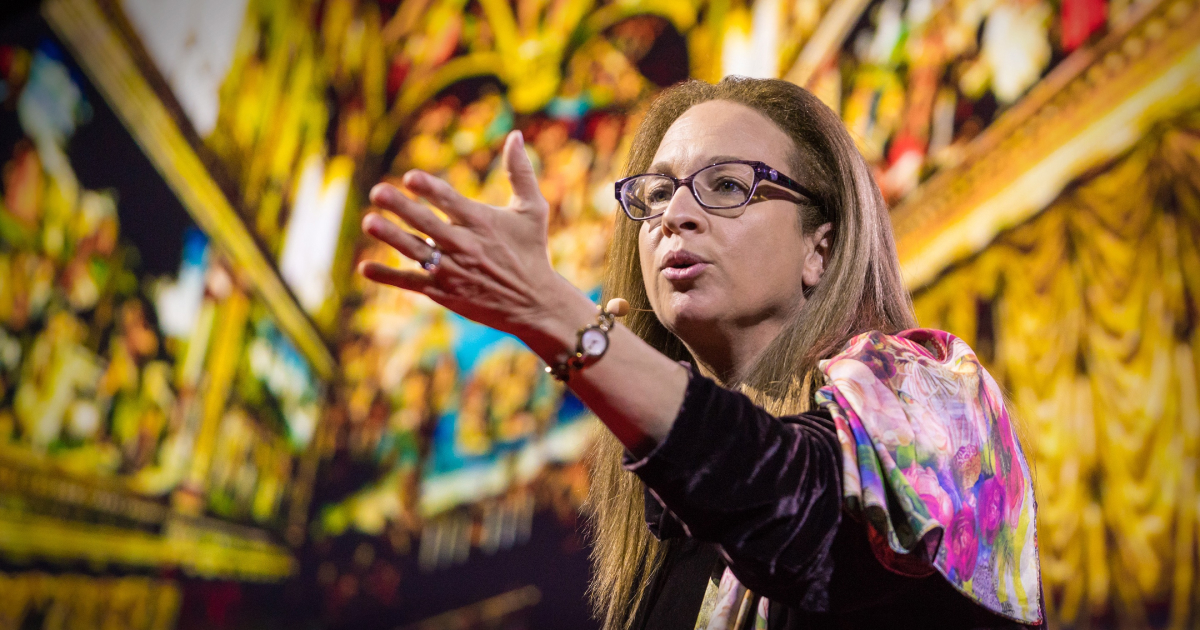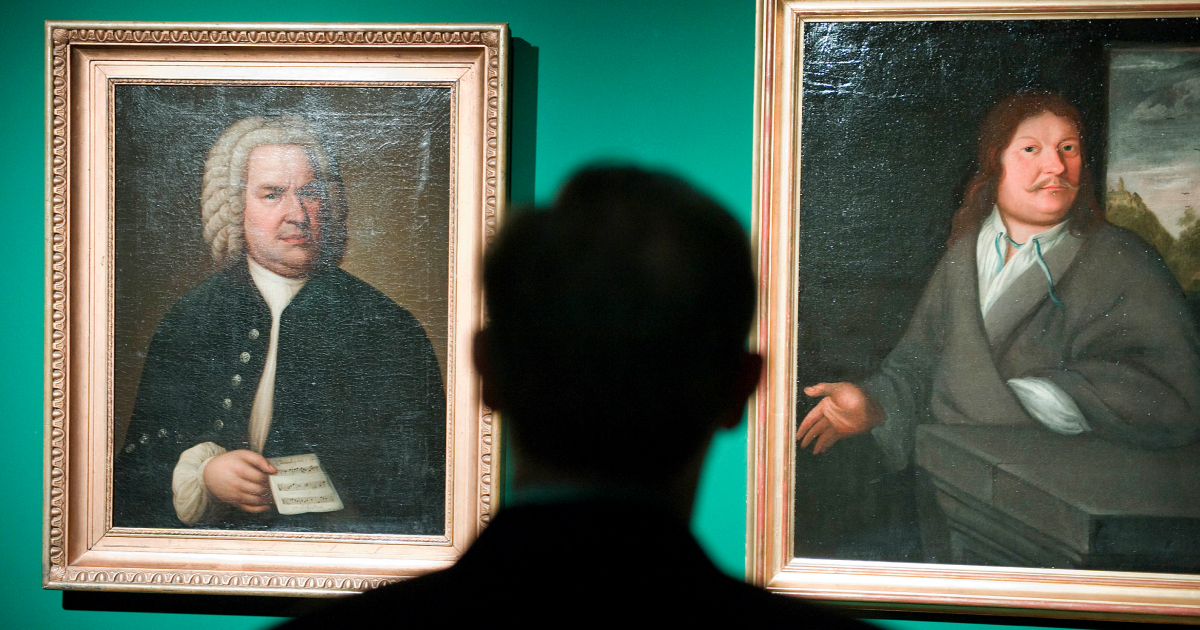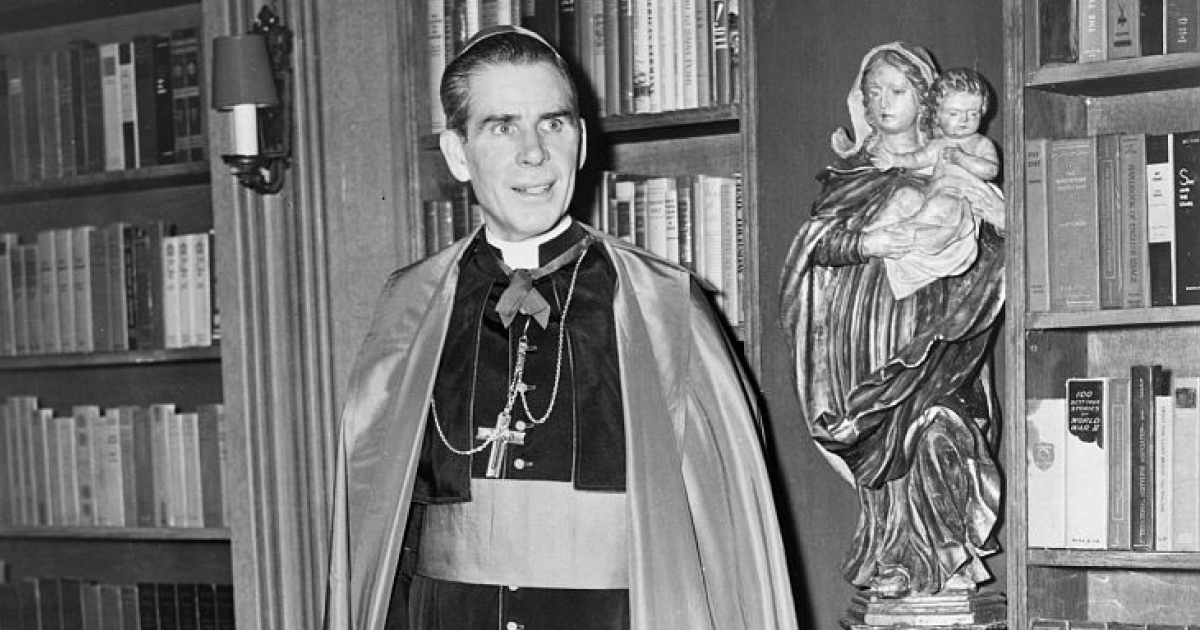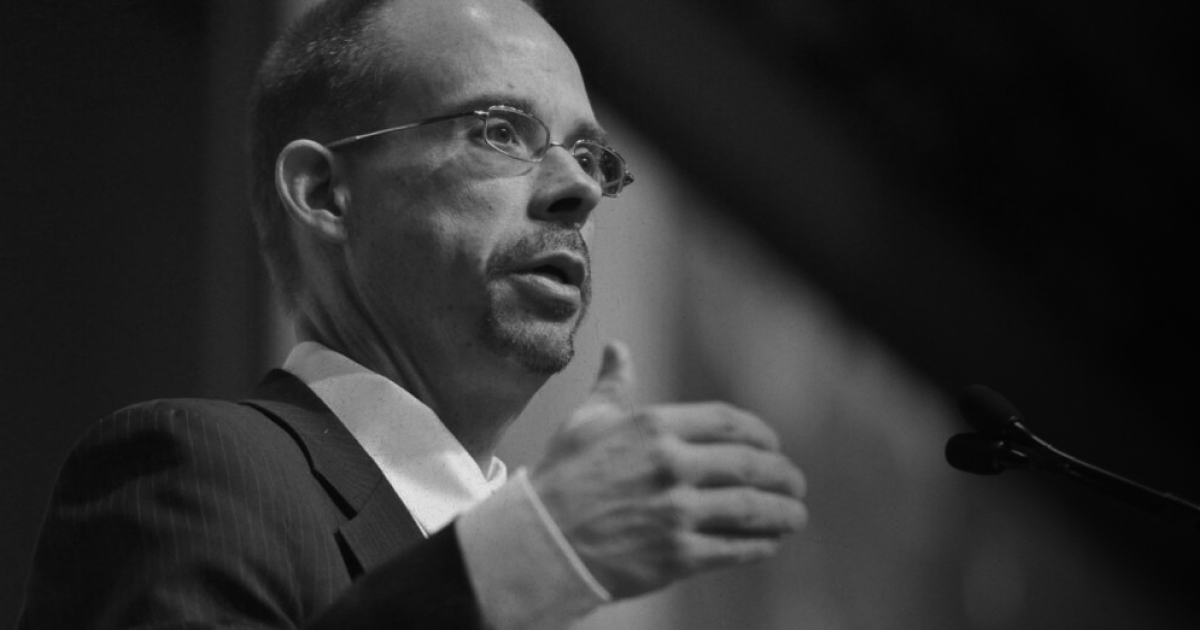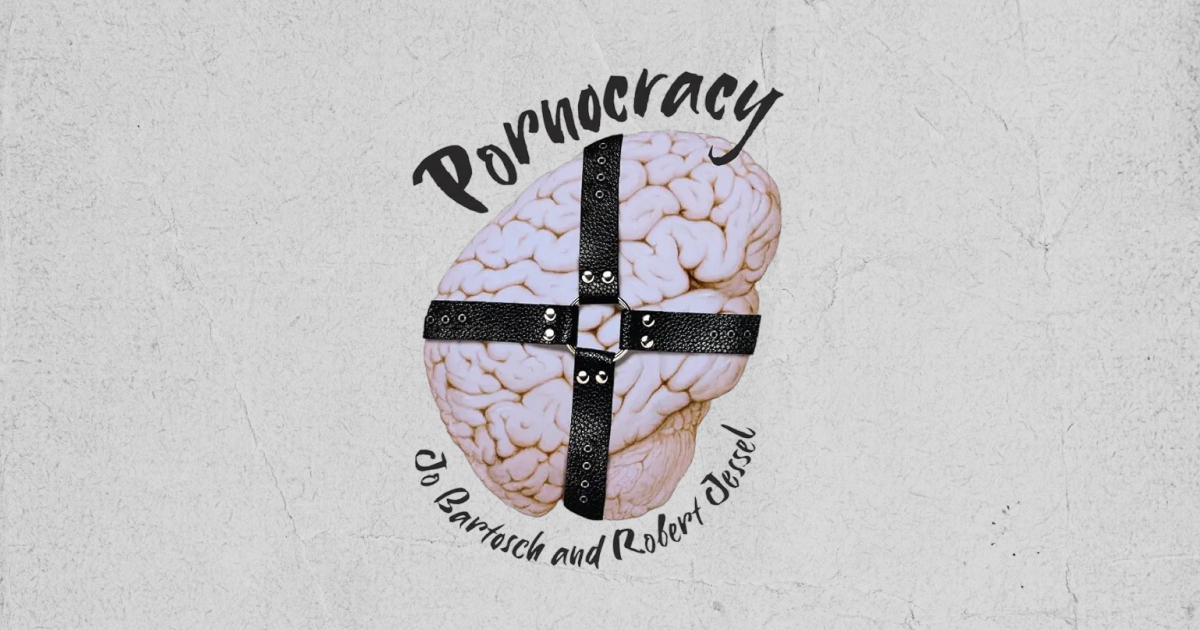There’s a disturbing emptiness about monastic buildings that no longer house monastic life: the hours, the offices, the ora et labora. And you find it at Kloster Eberbach, one of the most idyllically located monasteries in all of Germany.
Set in the rolling hillsides of the Rheingau – close to Mainz, and famous for wine-making – it hasn’t housed a monk since 1803 when the remnants of a flourishing Cistercian community moved out.
From then on it served various functions, as a prison, a stable, and more recently a film set: if you remember the darkly atmospheric clerical whodunnit Name of the Rose, the interior scenes were all shot at Eberbach, and latterday tour-guides dutifully point out the steps, doorways and cellars where Sean Connery pondered a mysterious sequence of deaths – as though these places had never served a greater purpose.
More recently, though, they serve the purpose of housing the Rheingau Music Festival which runs in the Abbey church and other parts of the monastic complex. It’s a sprawling festival with concerts running June-September; and this year it offered some of the biggest names on the classical circuit, playing in circumstances not far short of idyllic.
But how wonderful it would have been to hear plainsong wafting through the precincts, and the sight of some bona fide Cistercians going about their business in the cloister, chapter house, or vaulted halls where serried rows of 18th-century wine-presses stand, massive as altarpieces.
Now, even their ghosts are gone. And the serene beauty of Eberbach, although put to good use musically, feels sad in spirit.
There’s a happier spiritual space that’s used for music in West Malling, Kent, where they have a far smaller music festival but one I find special – and not least for the concerts that happen in Pilsdon Barn: a noble hulk that stands on the estate of the medieval Malling Abbey and is now used as a chapel for a lay Christian community devoted to helping people recover from personal crisis.
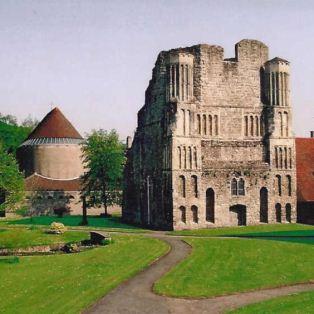
Simply but beautifully converted, it’s an inviting space, dominated by a striking, semi-abstract crucifixion in colours that could be John Piper: flaming orange, yellow and blue, with the figure of Christ in chalk white. And it was in front of this memorable image that I witnessed two totally perfect concerts during this year’s Music@Malling festival.
One featured the guitarist Craig Ogden, natural heir to John Williams in the hierarchy of British-based players, playing music from Piazzolla to Poulenc with engaging clarity and subtly shifting string sound – showing how performance at this level is about far more than just delivering the notes.
Then, on the same day, I heard the distinctive sound-spectacle of David Zucchi and Inigo Mikeleiz: a saxophone and accordion duo (you don’t get many of those) whose repertoire necessarily relies on bespoke arrangements – though in this case there was something written specially for them by the composer Brian Elias who features every year in Music@Malling’s schedules, as though "resident".
That a small festival in a small town is prepared to support new music so ardently – and what’s more, offer concert programmes like one this year in which pianist Peter Donohoe played nothing but Messiaen – is brave beyond belief: all-Messiaen nights are never going to be packed out. But how remarkable that Malling has the courage to provide them. It’s a seriously impressive venture, and ranks high among my favourite festive day-trips out of London.
Rarely has a major piece of music had so bad a start in life as Arthur Bliss’s oratorio The Beatitudes. Commissioned as the big choral attraction to open the new Coventry Cathedral in 1962, it was pushed into a supporting role by Britten’s War Requiem – another Coventry commission – and relegated from a premiere in the Cathedral itself to one in the dry acoustic of the nearby Belgrade Theatre. There it had no chance to shine and was dismissed as turgid.
Since then it’s been rarely done. But to mark the 50th anniversary of Bliss’s death, it surfaced in this year’s Proms, done by BBC forces with soprano Elizabeth Watts and tenor Laurence Kilsby as outstanding soloists. And it struck me as music whose time had finally come.

Setting the Beatitudes narrative from the gospel of St Matthew alongside poems by George Herbert and Dylan Thomas, there were passages of borderline stodginess but counterbalanced by urgency and impact elsewhere. And there was an unmistakably American-tinged yearning in the solo parts – Bliss was half-American by birth – and a magical conclusion that owes something to Stravinsky at his more humane and lyrical.
One of the great virtues of the Proms is the ability to dig out and rehabilitate works like this; and the rehabilitation of Bliss’s Beatitudes is something that will have lasting consequence. Shown how it can flourish, choral societies will be more prepared to take it on, as audiences push to hear it programmed. Once a lame duck, it’s acquired the makings of a bird in flight. Watch out for its ascent to standard repertoire.
Photo: Kloster Eberbach (screenshot from kloster-eberbach.de)








